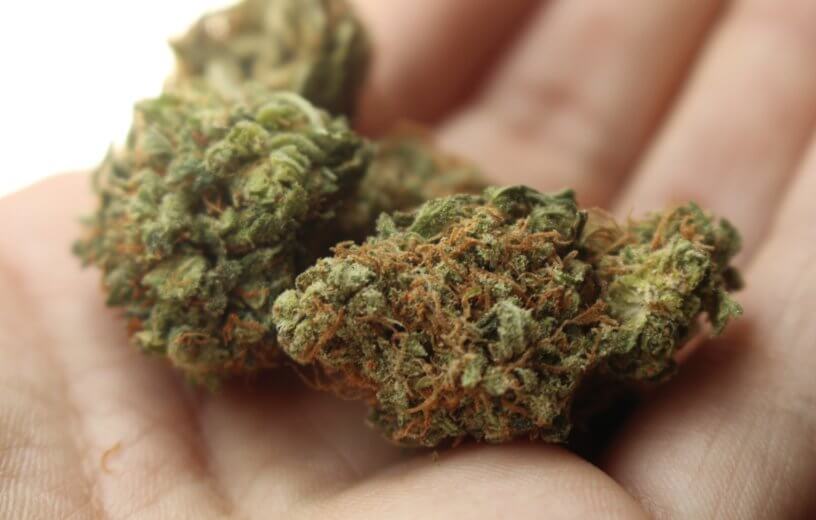
SAN FRANCISCO — Legalized marijuana may be providing much-needed relief to people suffering from painful or debilitating ailments, but it’s also leading to an uptick in hospitalizations from seemingly boneheaded decisions. A new study finds that while there was a decrease in diagnoses of chronic pain following legalization in Colorado, there was also a notable increase in car accidents and injuries while under the influence.
Researchers from the University of California San Francisco reviewed over 28 million hospital records from before and after recreational cannabis was legalized in Colorado in December 2012. They found that hospital admissions related to cannabis use increased after legalization compared to other states. But, when taking all hospital admissions and time spent in hospitals into account, they didn’t find a significant increase after recreational marijuana was legalized.
Still, results showed a 10% increase in motor vehicle accidents, a 5% jump in alcohol abuse and overdoses that resulted in injury or death, and 5% fewer hospitalizations for chronic pain after marijuana legalization.
“We need to think carefully about the potential health effects of substantially enhancing the accessibility of cannabis, as has been done now in the majority of states,” says senior author Dr. Gregory Marcus, UCSF Health cardiologist and associate chief of cardiology for research in the UCSF Division of Cardiology, in a statement. “This unique transition to legalization provides an extraordinary opportunity to investigate hospitalizations among millions of individuals in the presence of enhanced access. Our findings demonstrate several potential harmful effects that are relevant for physicians and policymakers, as well as for individuals considering cannabis use.”
The 2014 National Survey on Drug Use and Health found that over 117 million Americans, 44.2% of the population, have used cannabis in their lifetime. Approximately 22 million Americans reported having used it in the past 30 days. Marijuana is still a controlled substance and illegal on the federal level, but 28 states and the District of Columbia have legalized its use for medical conditions, while nine of those states have legalized it for recreational use.
For this latest study, researchers reviewed the health records of 28 million individuals in Colorado, New York, and Oklahoma. They compared the rates of health care visits and diagnoses in Colorado two years before and after recreational marijuana legalization to cases in New York and Oklahoma. These states were chosen to see how proximity to Colorado and the states’ rural/urban ratios compared.
“These data demonstrate the need to caution strongly against driving while under the influence of any mind-altering substance, such as cannabis, and may suggest that efforts to combat addiction and abuse of other recreational drugs become even more important once cannabis has been legalized,” says Marcus. “While it’s convenient and often most compelling to simplistically conclude a particular public policy is ‘good’ or ‘bad,’ an honest assessment of actual effects is much more complex. Those effects are very likely variable, depending on each individual’s idiosyncratic needs, propensities and circumstances. Using the revenues from recreational cannabis to support this sort of research likely would be a wise investment, both financially and for overall public health.”
The study is published in the journal BMJ Open.
